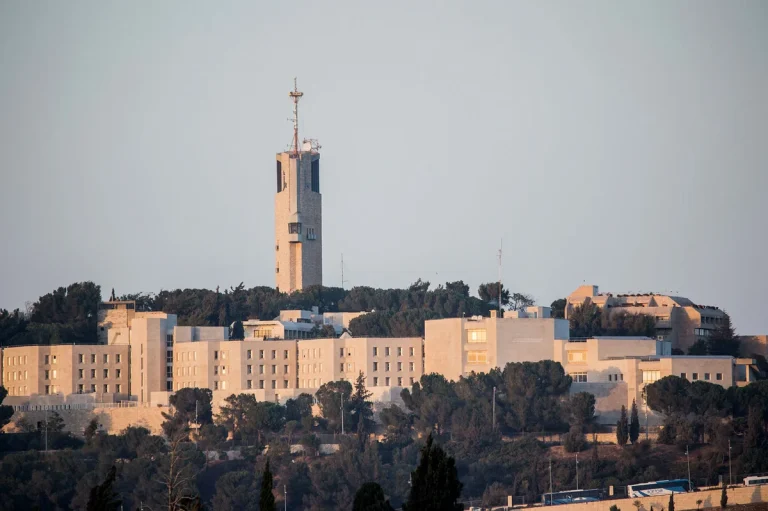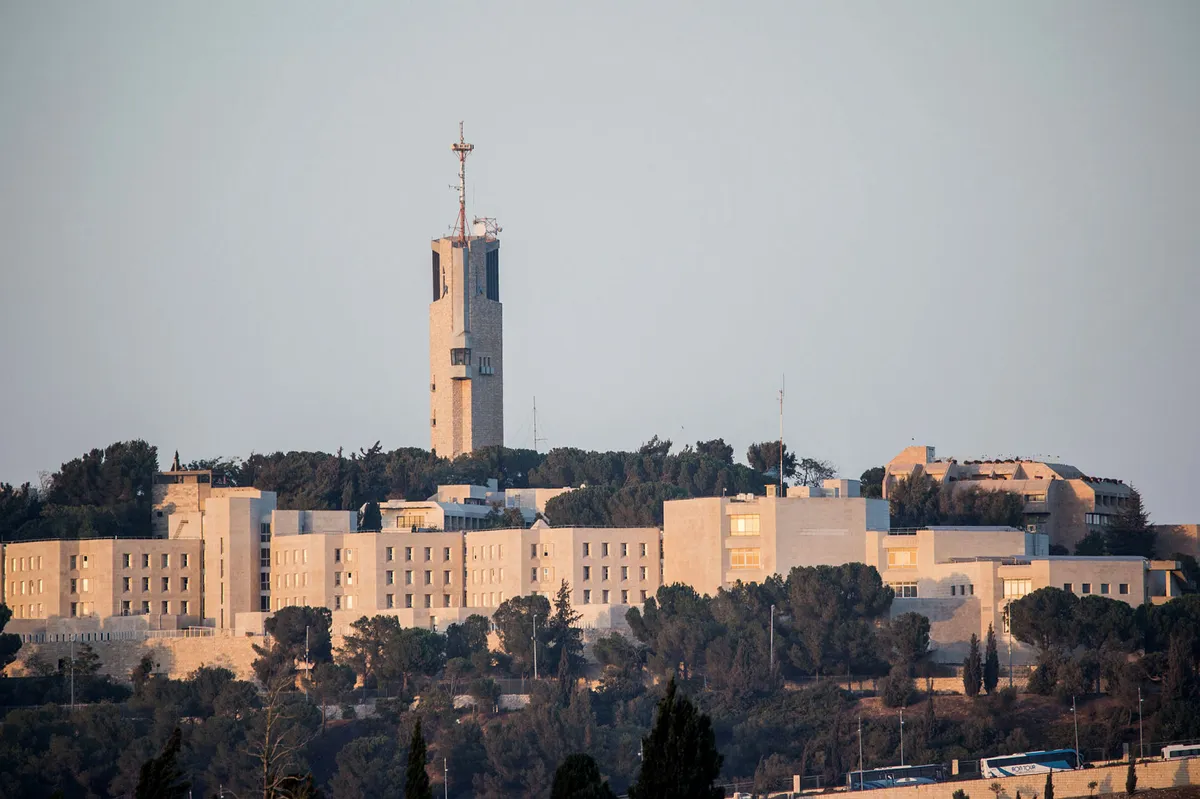Jerusalem, 6 November, 2025 (TPS-IL) — A groundbreaking Israeli study has revealed a striking link between migraines and high blood pressure in adolescents, suggesting that what is often dismissed as “just headaches” could signal early cardiovascular risk.
Scientists from the Hebrew University of Jerusalem analyzed medical records from more than two million Israeli teens aged 16–20, collected during pre-military health screenings between 1990 and 2019. Researchers found that adolescents diagnosed with migraines were three times more likely to have high blood pressure than their peers—a connection previously unquantified in such a large adolescent population. Among the 61,000 teens identified with migraines, nearly one in 150 also had high blood pressure, compared with one in 500 among those without migraines.
The association was strongest in teens experiencing severe or frequent migraines. “Adolescents with severe migraines were over four times more likely to have high blood pressure than those with mild or no headaches,” the study notes. Cases of severe hypertension were also more common among those with frequent or disabling migraines, highlighting a potentially overlooked warning sign in youth.
“Migraine is often dismissed as a temporary neurological complaint,” said Prof. Ronit Calderon-Margalit, one of the study’s senior authors at Hebrew University’s Faculty of Medicine. “But our findings suggest it may also serve as a marker for early vascular dysfunction—meaning these young people could be at higher cardiovascular risk long before adulthood.”
High blood pressure in teens is often silent, meaning many adolescents feel fine even though their cardiovascular system is under strain. If left unaddressed, it can set the stage for problems such as heart disease, kidney damage, eye problems, metabolic and cardiovascular risks, strokes, and cognitive changes.
Published in the peer-reviewed journal Hypertension, the study is the largest to examine this relationship in adolescents using verified medical diagnoses rather than self-reported symptoms. While prior research largely focused on adults, this study shows that severe or frequent migraines in teens could serve as an early warning for high blood pressure, making early screening and intervention possible.
The researchers caution that migraines do not directly cause high blood pressure but stress that early monitoring could prevent long-term complications such as heart disease, stroke, and kidney damage later in life. “Identifying elevated blood pressure early could make a critical difference,” the authors said.
The study’s findings point to clear steps for protecting teens’ health. Adolescents who experience frequent or severe migraines should have their blood pressure checked regularly, even if they otherwise appear healthy. Alongside monitoring, lifestyle measures can make a significant difference: maintaining a healthy weight, exercising, eating a balanced diet low in salt, and managing stress and sleep can help reduce both migraine frequency and the risk of developing high blood pressure.































